Jinyan Guan
Reliable Offline Model-based Optimization for Industrial Process Control
May 15, 2022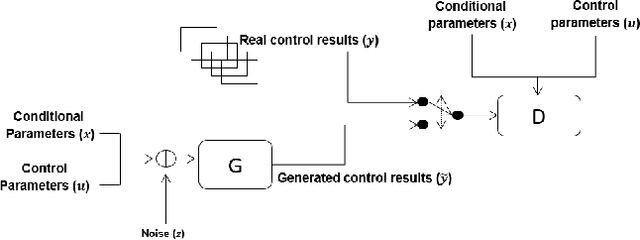
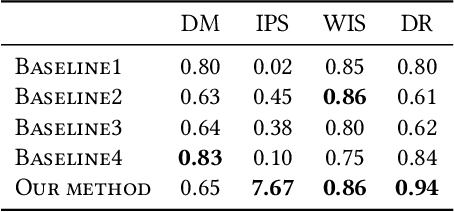
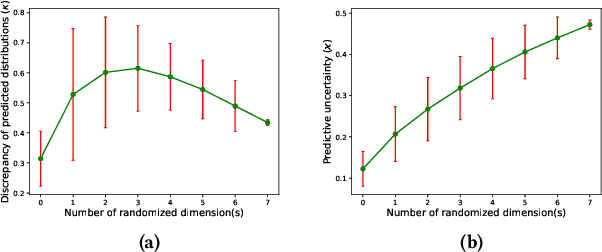

Abstract:In the research area of offline model-based optimization, novel and promising methods are frequently developed. However, implementing such methods in real-world industrial systems such as production lines for process control is oftentimes a frustrating process. In this work, we address two important problems to extend the current success of offline model-based optimization to industrial process control problems: 1) how to learn a reliable dynamics model from offline data for industrial processes? 2) how to learn a reliable but not over-conservative control policy from offline data by utilizing existing model-based optimization algorithms? Specifically, we propose a dynamics model based on ensemble of conditional generative adversarial networks to achieve accurate reward calculation in industrial scenarios. Furthermore, we propose an epistemic-uncertainty-penalized reward evaluation function which can effectively avoid giving over-estimated rewards to out-of-distribution inputs during the learning/searching of the optimal control policy. We provide extensive experiments with the proposed method on two representative cases (a discrete control case and a continuous control case), showing that our method compares favorably to several baselines in offline policy learning for industrial process control.
Action Recognition in the Frequency Domain
Sep 02, 2014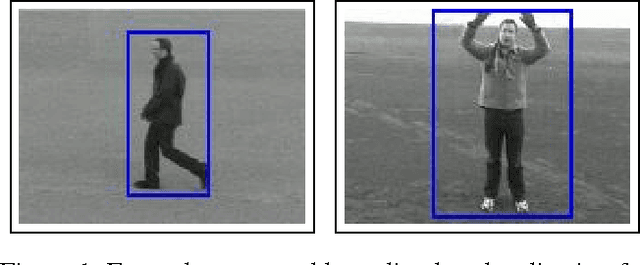
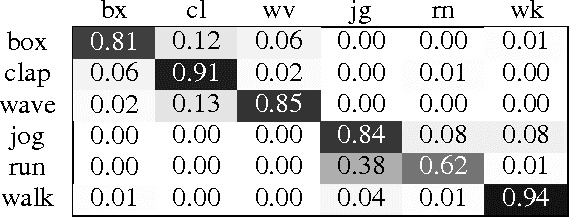
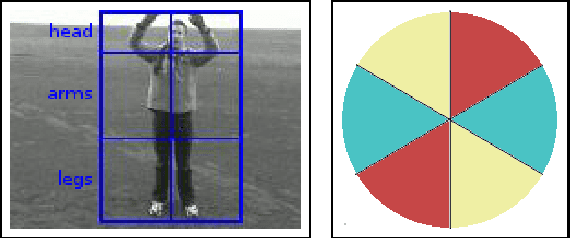
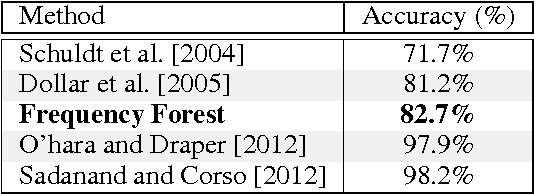
Abstract:In this paper, we describe a simple strategy for mitigating variability in temporal data series by shifting focus onto long-term, frequency domain features that are less susceptible to variability. We apply this method to the human action recognition task and demonstrate how working in the frequency domain can yield good recognition features for commonly used optical flow and articulated pose features, which are highly sensitive to small differences in motion, viewpoint, dynamic backgrounds, occlusion and other sources of variability. We show how these frequency-based features can be used in combination with a simple forest classifier to achieve good and robust results on the popular KTH Actions dataset.
 Add to Chrome
Add to Chrome Add to Firefox
Add to Firefox Add to Edge
Add to Edge